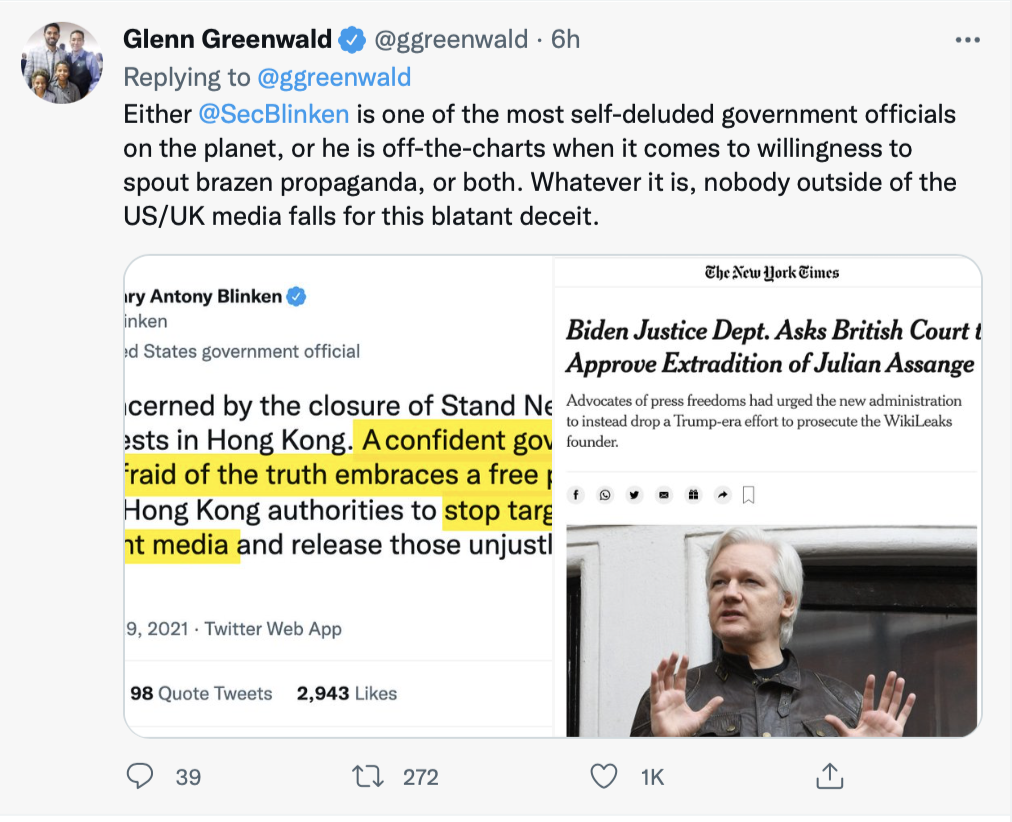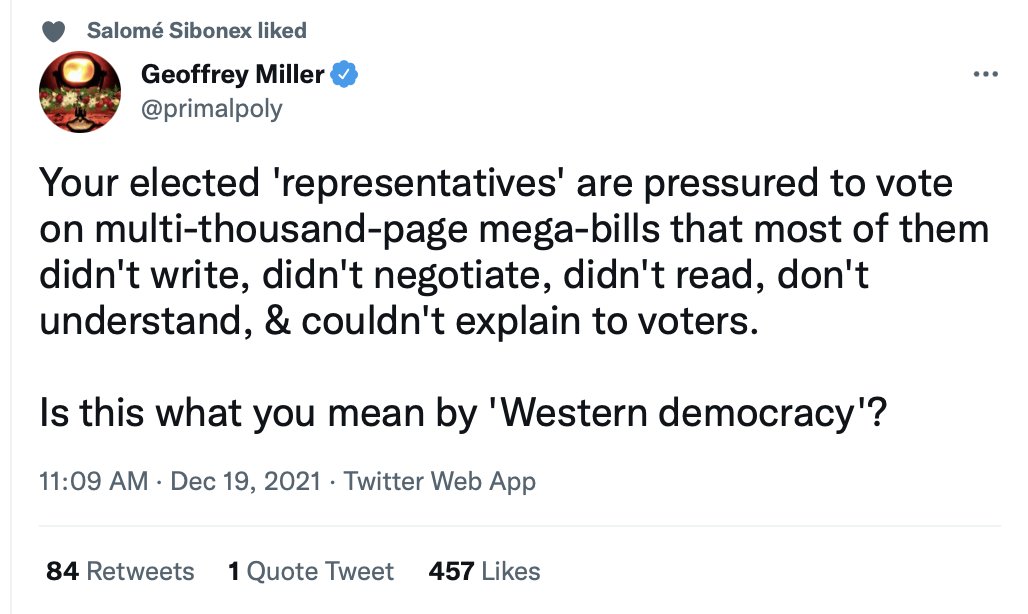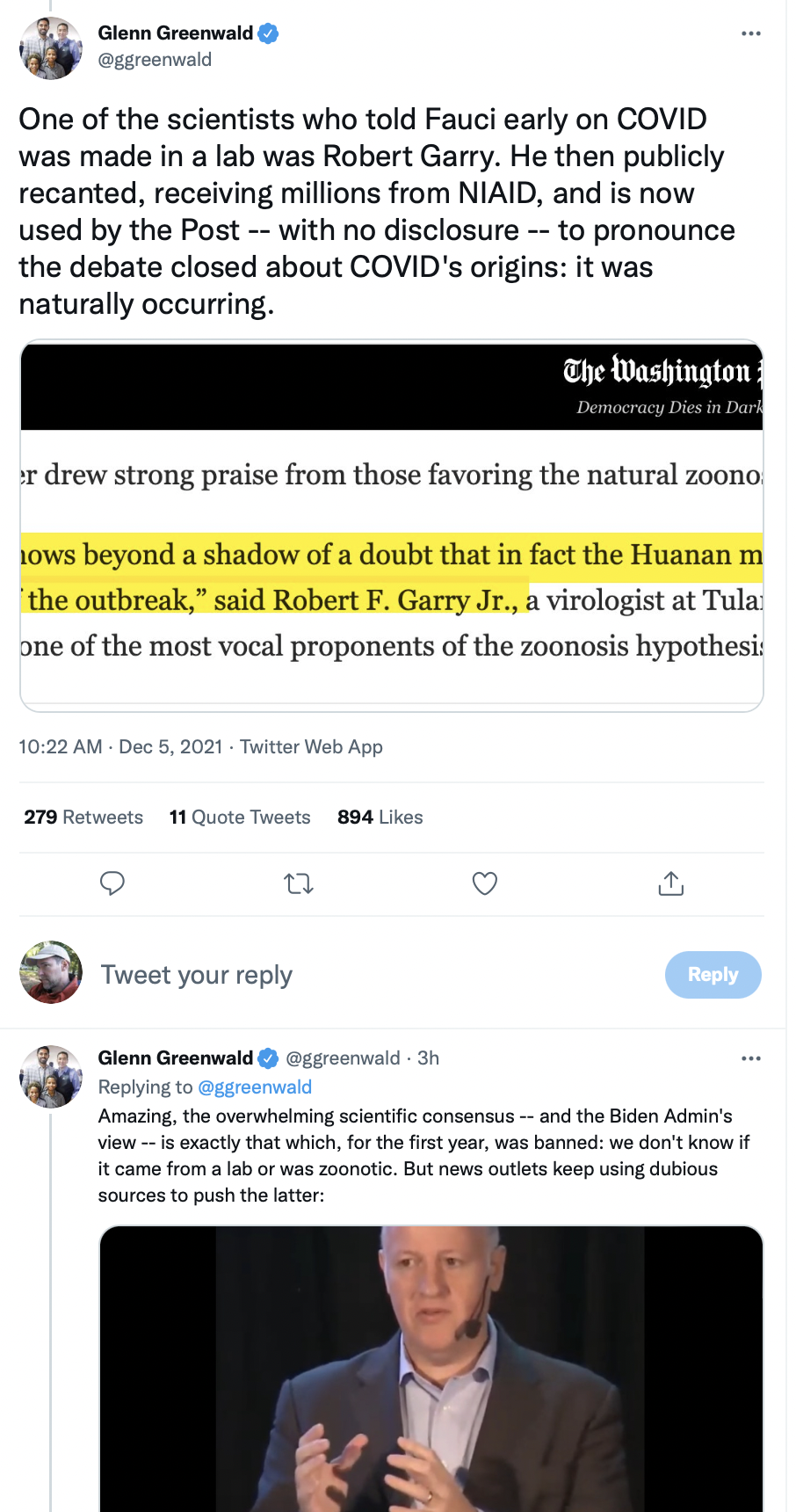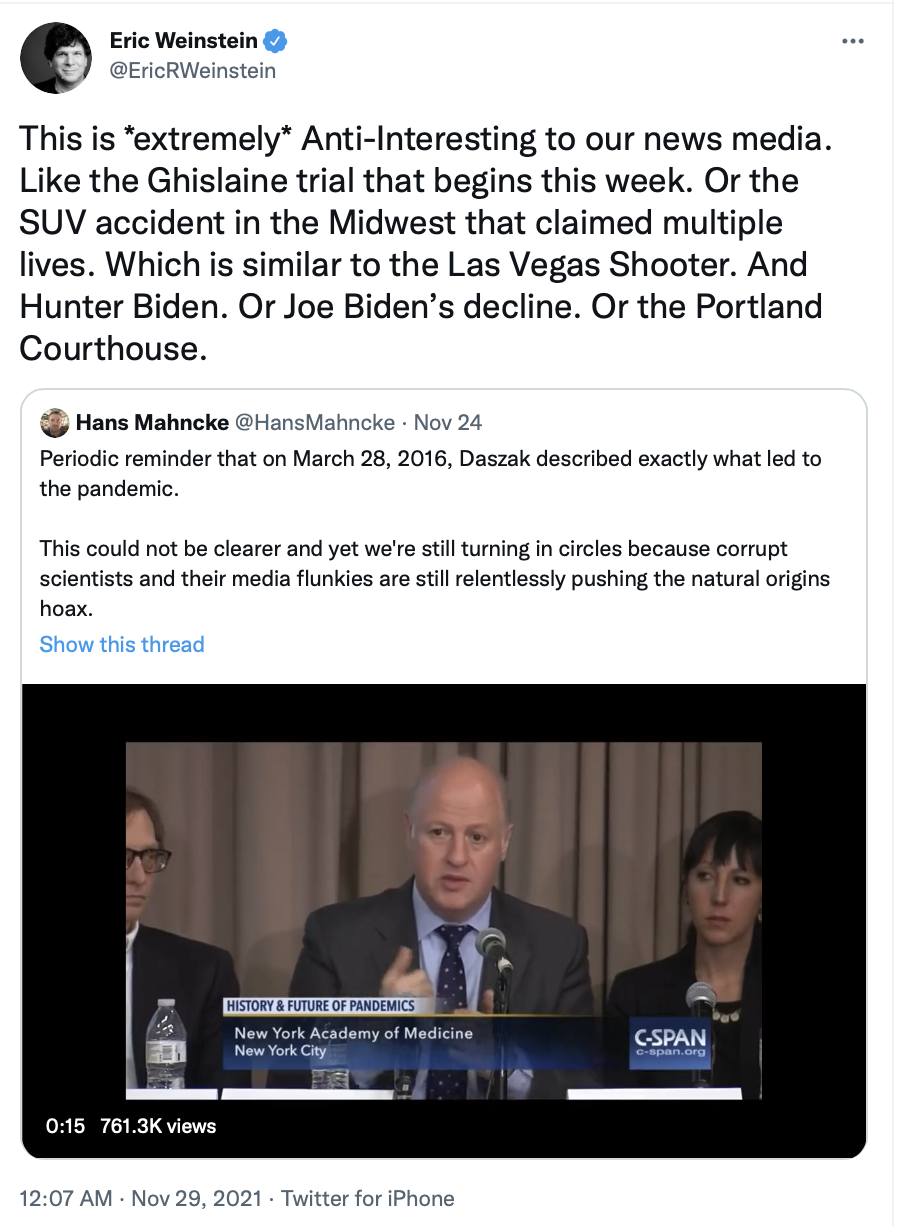Simone Weil Discusses The Totalitarianism of Political Parties
Simone Weil wrote this essay in 1957: "On the Abolition of All Political Parties." Weil makes two critically important points. It is impossible for any political parties to define its "doctrine." Rather they channel collective passion of their members, overwhelming any hope that with regard to truth and justice, the whole of a political party is greater than the sum of its parts (members).
Bereft of any intellectual framework, we are left with the quest for power. Political parties strive to be totalitarian. Here is an excerpt:
To assess political parties according to the criteria of truth, justice and the public interest, let us first identify their essential characteristics.There are three of these:
A political party is a machine to generate collective passions.
A political party is an organisation designed to exert collective pressure upon the minds of all its individual members.
The first objective and also the ultimate goal of any political party is its own growth, without limit.
Because of these three characteristics, every party is totalitarian – potentially, and by aspiration. If one party is not actually totalitarian, it is simply because those parties that surround it are no less so. These three characteristics are factual truths – evident to anyone who has ever had anything to do with the every-day activities of political parties.
As to the third: it is a particular instance of the phenomenon which always occurs whenever thinking individuals are dominated by a collective structure – a reversal of the relation between ends and means.
Everywhere, without exception, all the things that are generally considered ends are in fact, by nature, by essence, and in a most obvious way, mere means. One could cite countless examples of this from every area of life: money, power, the state, national pride, economic production, universities, etc., etc.
Goodness alone is an end. Whatever belongs to the domain of facts pertains to the category of means. Collective thinking, however, cannot rise above the factual realm. It is an animal form of thinking. Its dim perception of goodness merely enables it to mistake this or that means for an absolute good.
The same applies to political parties. In principle, a party is an instrument to serve a certain conception of the public interest. This is true even for parties which represent the interests of one particular social group, for there is always a certain conception of the public interest according to which the public interest and these particular interests should coincide. Yet this conception is extremely vague. This is true without exception and quite uniformly. Parties that are loosely structured and parties that are strictly organised are equally vague as regards doctrine. No man, even if he had conducted advanced research in political studies, would ever be able to provide a clear and precise description of the doctrine of any party, including (should he himself belong to one) of his own.
People are generally reluctant to acknowledge such a thing. If they were to confess it, they would naively be inclined to attribute their incapacity to their own intellectual limitations, whereas, in fact, the very phrase ‘a political party’s doctrine’ cannot have any meaning.
Political parties demand mendacity from their members, who are constantly compelled to take positions they don't believe. Thus, parties cause "intellectual leprosy." Step One of any meaningful solution is to abolish all political parties:
If a man, member of a party, is absolutely determined to follow, in all his thinking, nothing but the inner light, to the exclusion of everything else, he cannot make known to the party such a resolution. To that extent, he is deceiving the party. He thus finds himself in a state of mendacity; the only reason why he tolerates such a situation is that he needs to join a party in order to play an effective part in public affairs. But then this need is evil, and one must put an end to it by abolishing political parties.A man who has not taken the decision to remain exclusively faithful to the inner light establishes mendacity at the very centre of his soul. For this, his punishment is inner darkness.
It would be useless to attempt an escape by establishing a distinction between inner freedom and external discipline, for this would entail lying to the public, towards whom every candidate, every elected representative, has a special duty of truthfulness. If I am going to say, in the name of my party, things which I know are the opposite of truth and justice, should I first issue a warning to that effect? If I don’t, I lie.
Of these three sorts of lies – lying to the party, lying to the public, lying to oneself – the first is by far the least evil. Yet if belonging to a party compels one to lie all the time, in every instance, then the very existence of political parties is absolutely and unconditionally an evil.
Using a hypothetical involving math, Weil illustrates how political parties turn members into liars:
If a man undertakes extremely complex numerical calculations knowing that he will be flogged every time he obtains an even number as the final result, he finds himself in an acute predicament. Something in the sensual part of his soul will induce him each time to give a slight twist to the calculations, in order to obtain an odd number at the end. His wish to react may indeed lead him to find even numbers where there are none. Caught in this oscillation, his attention is no longer pure. If the complexity of the calculations demands his total attention, inevitably he will make many mistakes – even if he happens to be very intelligent, very brave and deeply attached to the truth.What should he do? It is simple. If he can escape from the grip of the people who wield the whip, he must run away. If he could have evaded his tormentors in the first place, he should have.
It is exactly the same when it comes to political parties.
In conclusion:
The institution of political parties appears to be an almost unmixed evil. They are bad in principle, and in practice their impact is noxious. The abolition of parties would prove almost wholly beneficial. It would be a highly legitimate initiative in principle, and in practice could only have a good effect.




